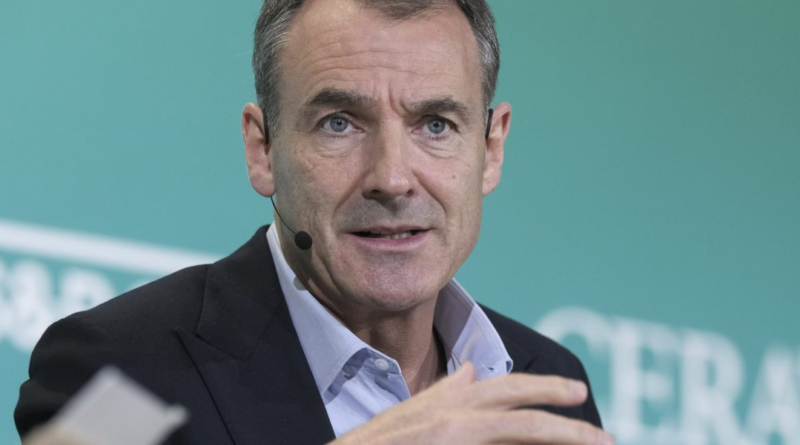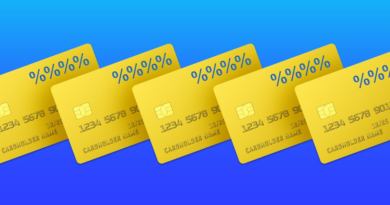BP hiking dividend and buying back $1.5bn more shares
The London-based company raised its dividend by 10% and said it would buy back another $1.5 billion of shares, even as its profit fell by more than expected. It was following the pattern set by Shell Plc, TotalEnergies SE, ExxonMobil Corp. and Chevron Corp., all of which have kept the cash flowing back to their shareholders even as the surge in energy prices that spurred last year’s record earnings has abated.
BP’s returns are now well in excess of the company’s guidance. It had previously indicated that it expected to buy back about $4 billion of shares and raise the dividend by 4% each year, assuming the price of Brent crude was about $60 a barrel. Over the past 4 quarters the company has repurchased $10 billion of shares and increased its dividend by a fifth.
“This is surprising given the weaker underlying result and an increase in net debt,” Redburn analyst Stuart Joyner said in a note on Tuesday. “But with the sector increasingly trading on yield again, it could boost the shares this morning.”
Shares of the company rose 1.51% to 490.30 pence as of 9:11 a.m. in London.
These large cash payouts have drawn some criticism at a time when many countries are grappling with a cost-of-living crisis and the world needs huge amounts of investment into low-carbon energy to tackle climate change. BP has pledged to boost spending on both oil and gas and renewables.
BP’s second-quarter adjusted net income was $2.59 billion, down from $8.45 billion a year earlier and below the average analyst estimate of $3.51 billion.
“The miss is concentrated in refining,” Chief Executive Officer Bernard Looney said in an interview with Bloomberg. “Margins were quite weak, particularly in diesel” in Europe and at its Whiting refinery in the US.
BP also “had a lot of maintenance that we planned to do this quarter” and oil trading profit was weaker, Looney said.
The buyback and dividend increase against a backdrop of weaker earnings had one important side effect — higher debt. Net debt rose more than $2 billion from the previous quarter to $23.7 billion, although that’s still much lower than a few years ago.
BP is sticking to its plan for capital expenditure of $16 billion to $18 billion this year. So far it’s spent $7.9 billion, putting it on pace to reach the lower end of this range.
Gas trading had another “exceptional” quarter, although earnings dropped a little from the first three months of the year due to declining volatility, Looney said in an interview with Bloomberg TV. Europe’s gas market looks like it will be in a better place in the coming winter, although the region is “not out of the woods yet,” he said.
Oil demand has been “incredibly resilient” and OPEC+ is sticking to its pledged production cuts, giving a strong outlook for crude prices in the coming months, Looney said.




